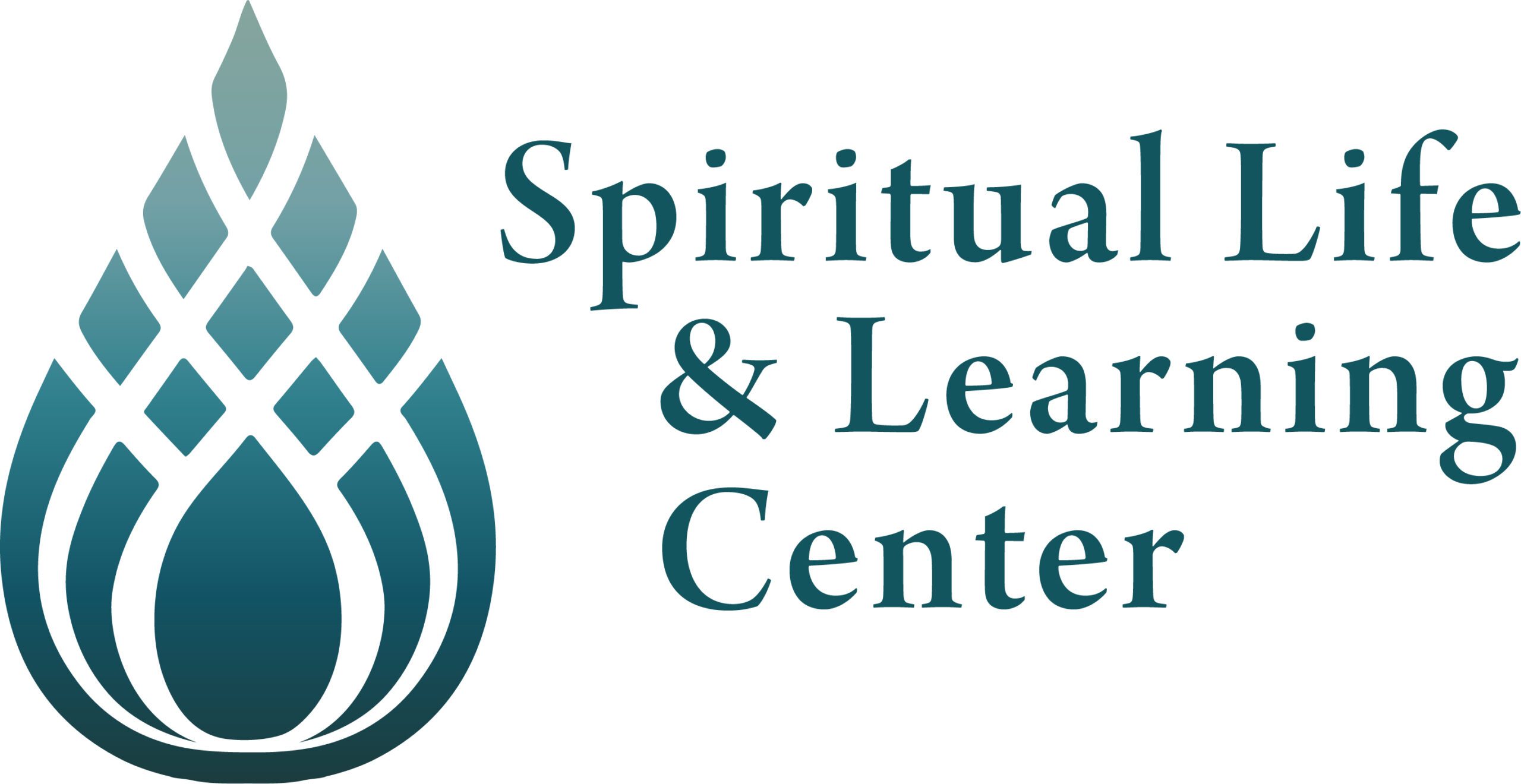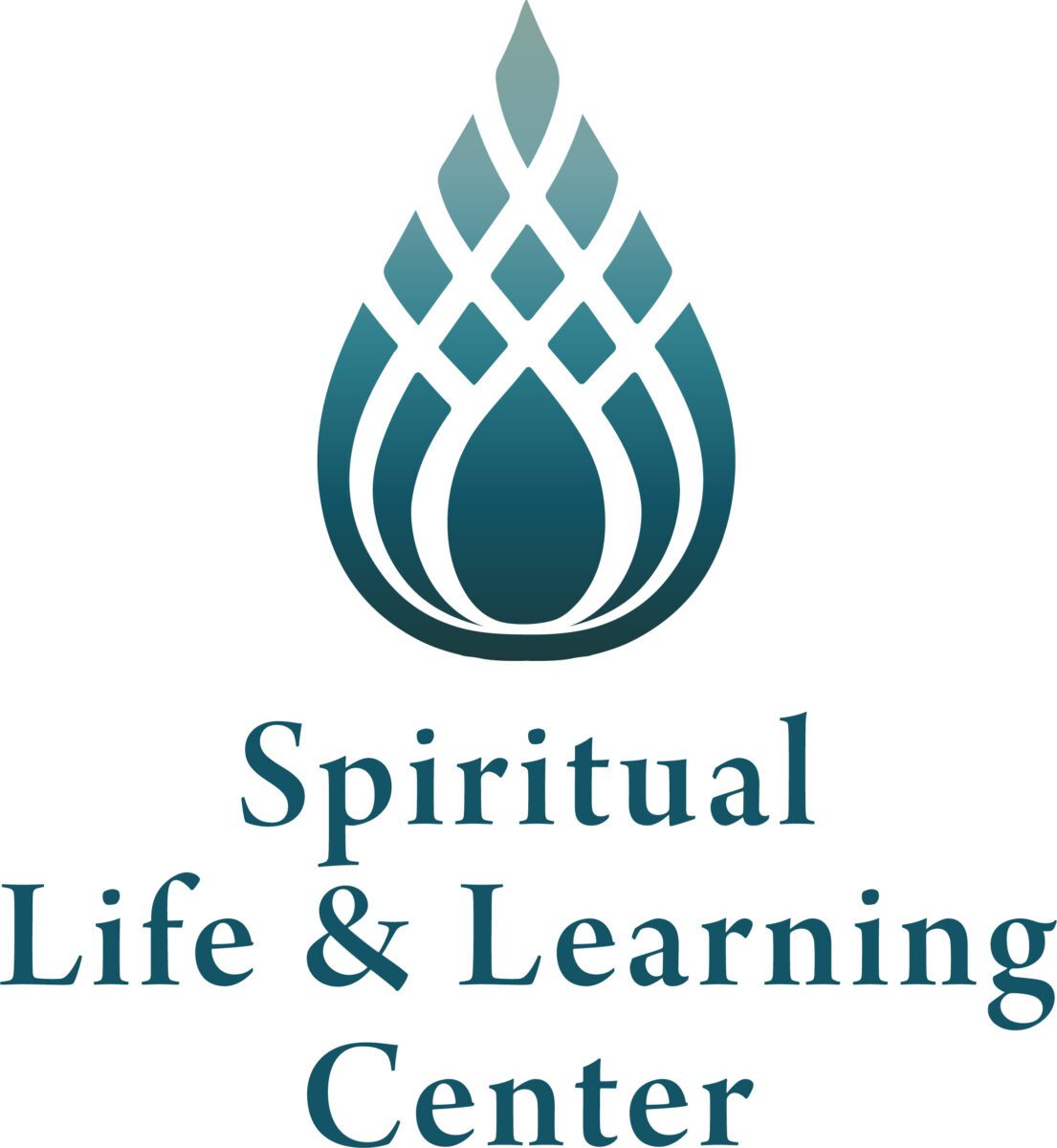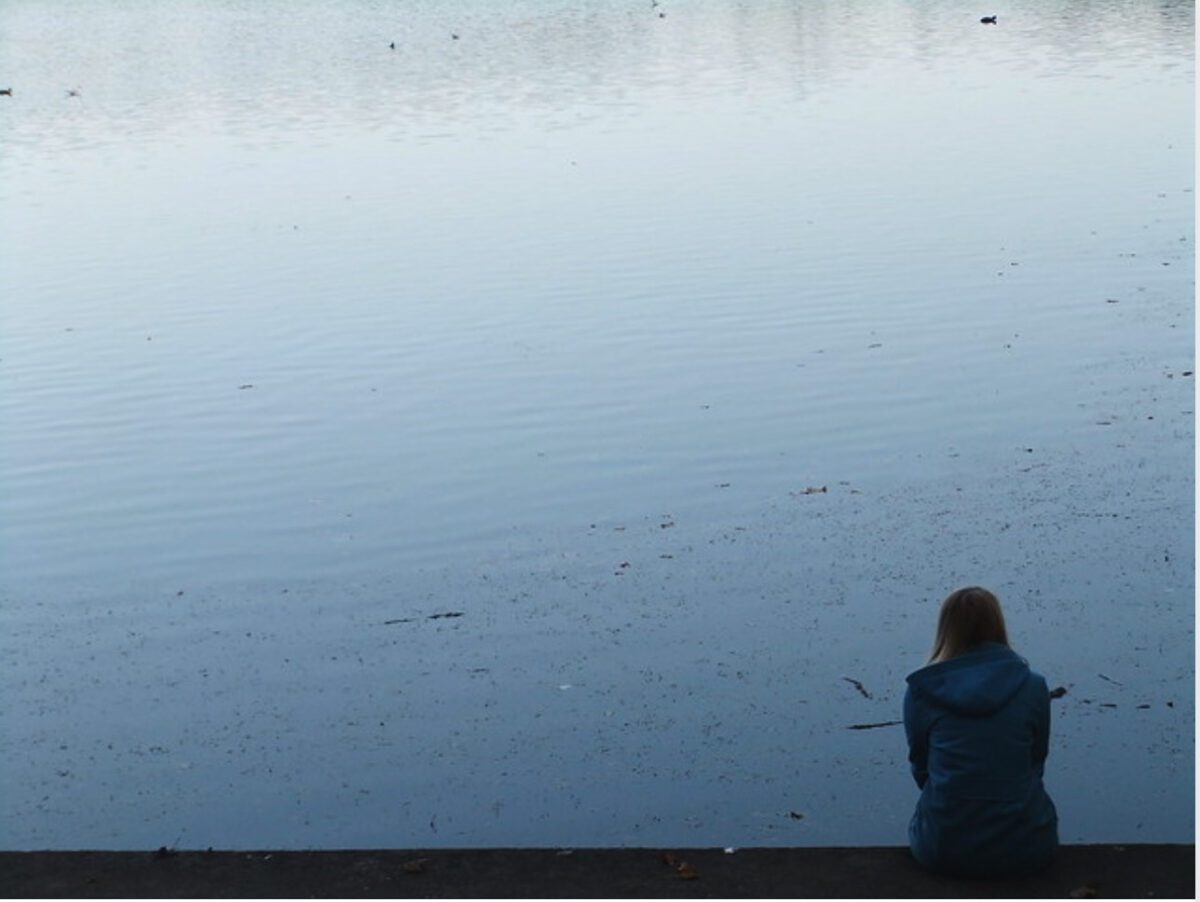This year — 2023 — marks the 10th year since my dear Dad died on March 3, 2013. Not a day goes by that I don’t think of him.
A brilliant microbiologist who navigated the complexities of getting drugs like Ibuprofen approved by the FDA back in the 1970s and ‘80s, my Dad was an inherently kind and honest man imbued with humility and humor. He treasured my Mom throughout their nearly 60 years of marriage — and his four very different daughters. My dad gave selflessly of himself for as long as he could until dying at age 82 from Parkinson’s Disease.
He is the best human being I’ve ever known.
Did I mention that although I followed my Mom’s religious path as an active lay person in a Lutheran church — even attending a Lutheran college and seminary — my Dad was a lifelong atheist?
My embrace of diverse spiritual practices and ways of making sense of the world emerged more than 40 years ago out of my desire to reconcile my Christian faith with my adoration for a father who disliked institutional religion, yet lived life as an immensely “good” person. Some of those practices, such as meditation, journaling and spiritual readings helped me parse my own understandings of faith, love, divinity and spirit.
The practices, teachings and wisdom found within the broad definition of “spirituality” became my most treasured comforts as I experienced grief and loss throughout the years.
Spirituality as a tool for navigating loss
Although for some people the start of 2023 brings hope and excitement, for others it can be a time of sadness and despair. Whether we are grieving the loss of a loved one, the end of a relationship, or the loss of a job or dream, grief’s hold on our hearts can be overwhelming. In my own life, several spiritual practices such as those offered here at the Spiritual Life & Learning Center have helped. Regardless of one’s specific beliefs, spirituality can provide a sense of connection, meaning, and hope in the face of suffering and loss. It helps us transform the lethargy, depression and emotional pain into the strength and hope we need to survive. A core Buddhist teaching is that suffering and loss are inherent to the human experience, but that it is possible to find peace and acceptance in the face of these challenges. One practice that can be helpful for those who are grieving is mindfulness meditation, which brings non-judgmental and compassionate attention to the present moment. Personally, this has helped me be more present with my grief, rather than getting lost in the busy intrusive thoughts and feelings that cause additional suffering.Center programs fill needs
The Center offers meditation opportunities through guided sessions taught by Jodi Patton, a spiritual director and seasoned yoga teacher. Meditation is also a part of the Contemplative Way group that meets 11:45 a.m. to 1 p.m. each Thursday under the current facilitation of Tom Shostak. The last half-hour of each meeting is dedicated to meditation. One thing I’ve learned about the Center is the strength of community among its groups. I just met (via Zoom!) several people who joined the Thursdays @ 10 discussion group when it was founded more than two decades ago. I’ve heard a lot about the importance of these groups from the people who attend. I’m inspired by the sense of love and care they hold for each other as they navigate complicated realities of every sort. These sorts of communities can become critical in dealing with loss, stress, and well, just life! Of course, it’s cliché to say there’s no “one way” to dig deep into our own faith and spirituality for healing. Here are a few additional ways the Center and First Community can help:- Engaging in self-care practices, such as exercise, journaling, or spending time in nature, to support your physical and emotional well-being. Yoga is a weekly offering at the center and walking a labyrinth is a time-honored practice; have you walked the one at First Community North?
- Seeking guidance and support from a spiritual leader or mentor. The Center is excited to offer a group setting for spiritual direction that begins in March and will be led by Jodi Patton.
- Doing acts of kindness and showing compassion toward others, I find, helps bring a sense of purpose and meaning in the face of loss. For example, this can mean a one-on-one conversation with a friend who is suffering or it can mean serving meals to the homeless through FCC’s missions ministry, just as an example. I love the year-old Community Justice ministry at First Community as an awareness- and bridge-building group fueled by compassion and kindness as a catalyst toward racial healing, environmental crisis and gun violence.




